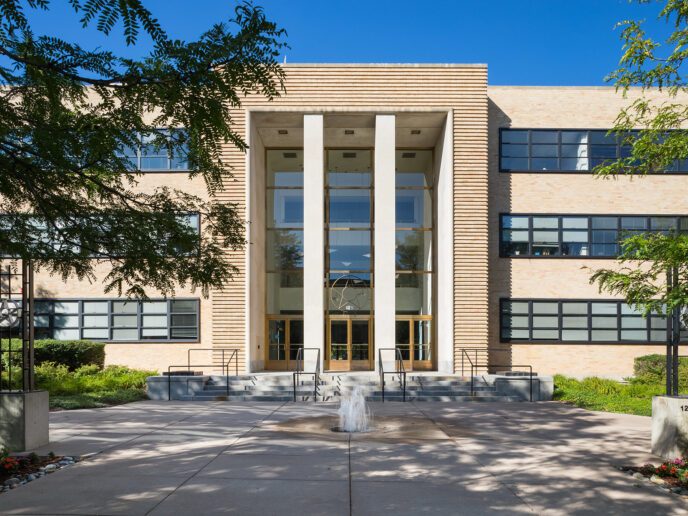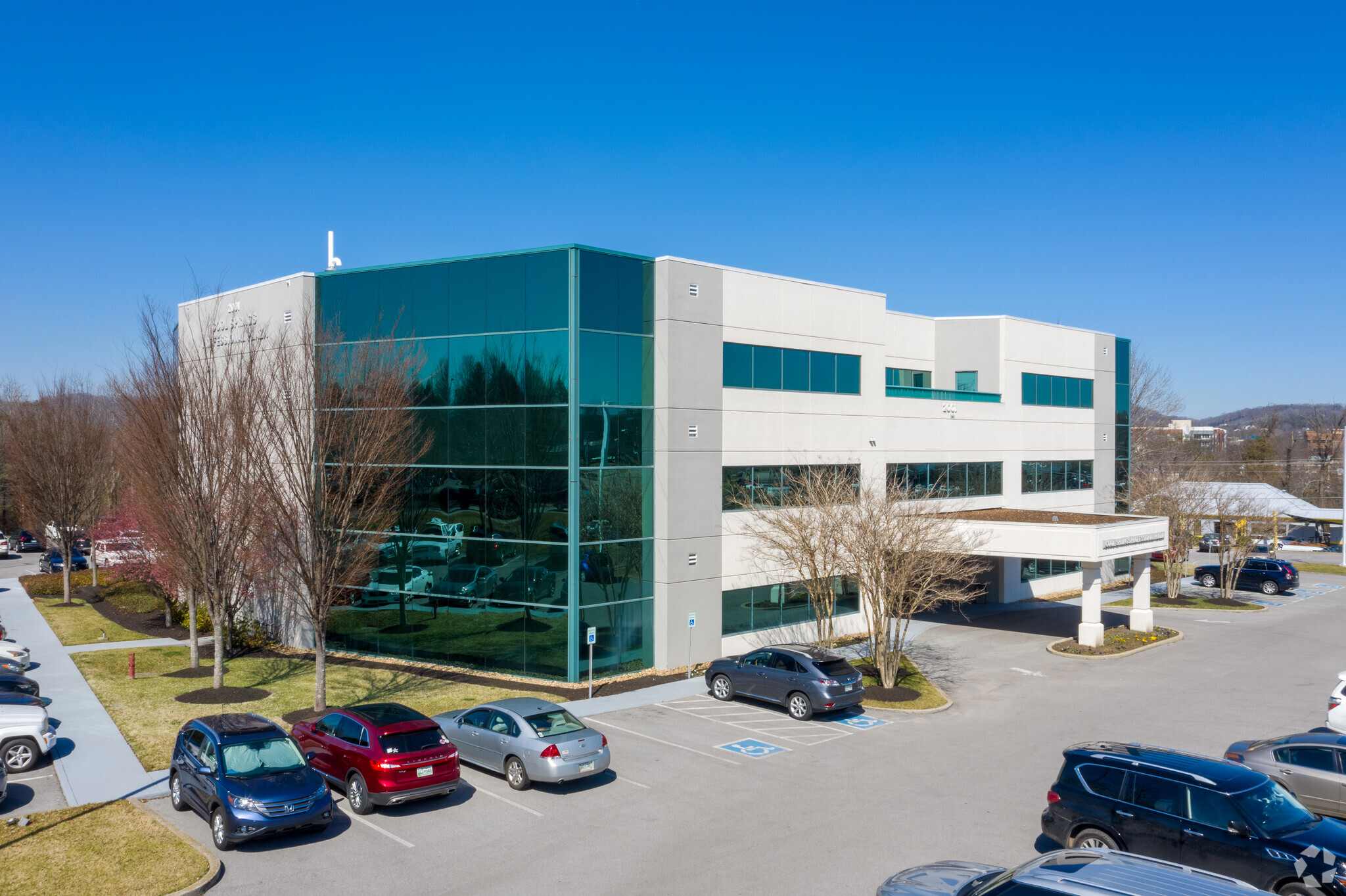As CMBS Relief Inquiries Jump, How Much Forbearance Is Enough?
Inquiries from CMBS borrowers about coronavirus-related relief have topped $100 billion, raising doubts about the current 90-day forbearance period, Fitch Ratings reports.

Adam Fox, Senior Director, Fitch Ratings. Image courtesy of Fitch Ratings
The numbers of U.S. CMBS borrowers requesting relief related to the coronavirus pandemic “continue at a furious pace,” with more than 5,000 such borrowers having reached out to master servicers, Fitch Ratings research found.
Since the beginning of the pandemic, Fitch reports, borrowers representing 17 percent of the $583.8 billion CMBS sector have contacted their loan servicers to inquire about relief. Coronavirus-related transfers to special servicing total $8.5 billion, or 1.5 percent of outstanding CMBS. Tellingly, loans secured by hotel, retail and multifamily assets represent about 75 percent of those inquiries.
READ ALSO: Crisis Moves Loan Servicers to Center Stage
Fitch based its figures on data from the four largest CMBS master servicers (Wells Fargo Bank N.A., Midland Loan Services Inc., KeyBank N.A. and Berkadia Commercial Mortgage LLC) on relief inquiries—not actual requests for loan modification—between March 29 and April 12.
During those two weeks, 2,777 conduit borrowers contacted their servicers for relief. Those borrowers represent $51.5 billion of mortgage loans, which brought the 30-day cumulative total to 5,420 inquiries and $100.7 billion.
“The most common relief requests continue to be payment forbearance, reallocation of reserves to pay debt service or fund operating expense shortages, and waivers of default for closed businesses,” Fitch stated. “Borrower hardship inquiries cite non-payment notices from tenants and closed businesses due to government restrictions.”
Under Freddie Mac’s COVID-19 Relief Plan, borrowers in the GSE’s CME transactions can request a 90-day payment deferral. Over the same two weeks, Freddie servicers saw an increase of 540 relief inquiries, increasing the total to 645 borrowers representing $810.2 million.
Though a 90-day forbearance period has become common, Fitch cautions that it likely won’t be enough for most CMBS borrowers. “There isn’t a 90-day mark that will bring back travelers, restore consumer confidence and bring commercial business back to normal,” Senior Director Adam Fox said in the announcement.
Special servicing transfers due to the hardship impact of the coronavirus pandemic increased as well, by 113 loans totaling $5.7 billion. In all, 200 loans representing $8.5 billion, though still less than 2 percent of outstanding CMBS, have moved to special servicers.
Little Good News
Fox put all five major CRE classes in perspective for Commercial Property Executive this way: “Commercial servicers continue to service the largest number of inquiries from hotel, retail and multifamily borrowers. Office and industrial assets account for less than 10 percent of requests, although servicers have anecdotally reported an uptick in loans backed by mixed-use and industrial properties whose tenants’ businesses have been impacted.”
Only a month ago, Kroll Bond Ratings Agency issued guidance comparing the pandemic and the responses to it with the turmoil following September 11, 2001, for their effects on the lodging industry.
A near-record construction level is colliding with a likely imminent recession and the sheltering in place and other measures that are slashing travel activity. KBRA reported that CMBS 2.0 lodging defaults are being driven by falling occupancy and RevPAR; these toppled by double digits in a single week in early March.







You must be logged in to post a comment.